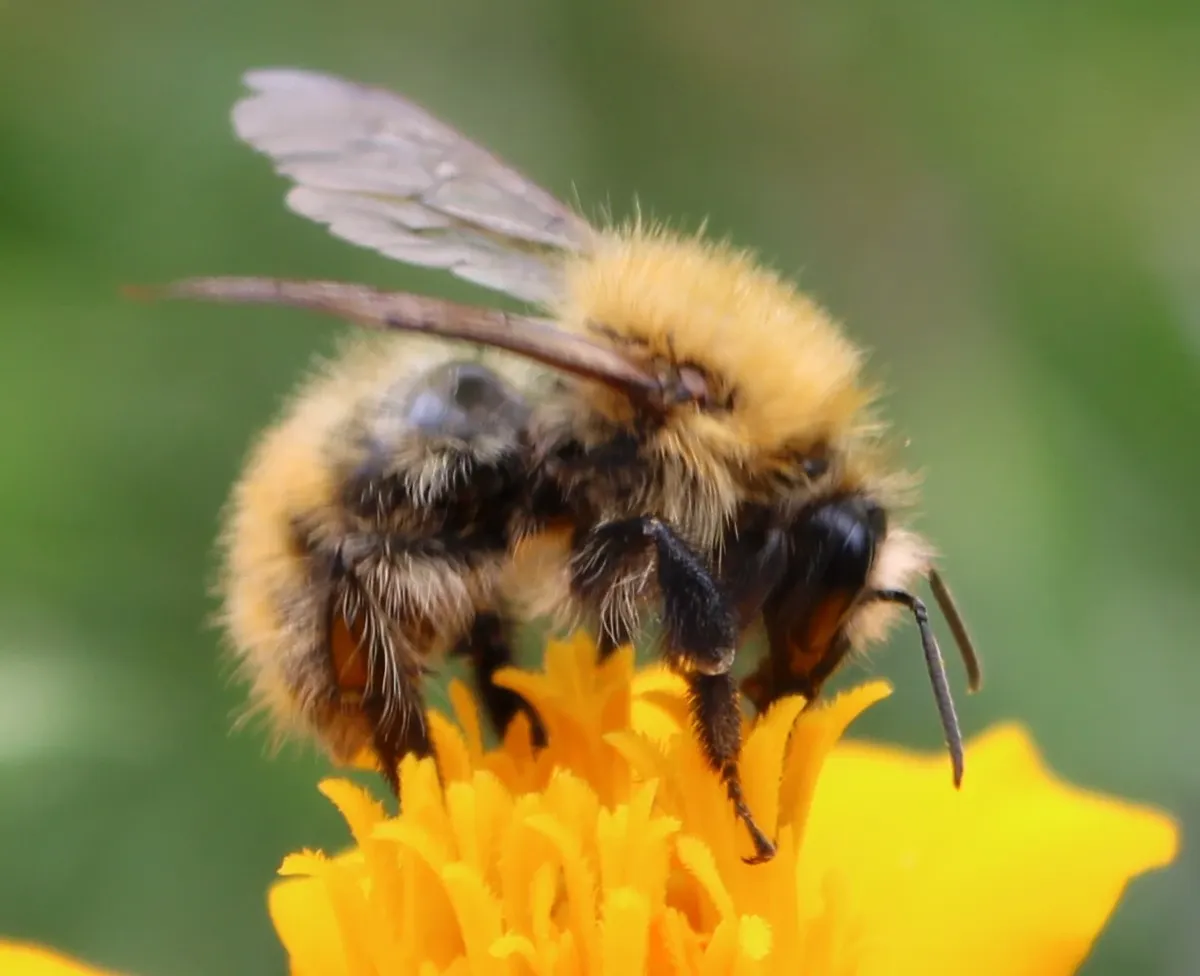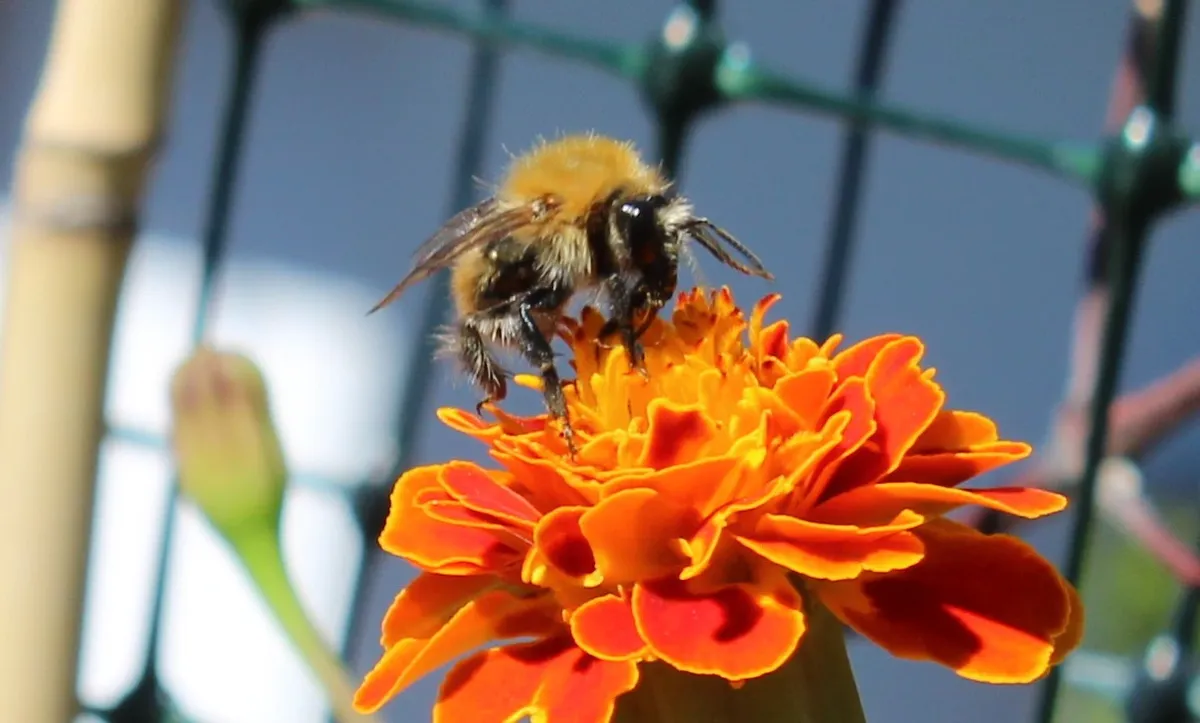When the Bees Go, We're All Buggered: A Father-Daughter Guide to Environmental Disaster

Meet the Bee Magnet
My daughter, Jennifer, hates bees, wasps and anything that might sting her. I don't blame her - she's a bee, wasp and "flying things that sting you" magnet. They'll ignore everybody else present and make a beeline (see what I did there?) straight for her. She'll start waving her arms about and jumping around, inevitably hitting one, which will immediately retaliate and do what bees do.
Of course she doesn't really hate bees - she just hates getting stung by them. I love them, but then again I think I've only been stung once in 70 years, and that was a wasp. Jennifer gets stung once a week, according to her. She also claims she is the only person in the world to be stung on the soles of her feet and armpits, not once but twice!
Jenny (who hates me calling her Jenny, by the way) is very clever - which she obviously gets from her mother - and works for MUSE - Science Museum in Trento, probably one of the best museums in Italy. It gets so busy in summer you have to book. She works in PR as a Social Media Strategist, and to say I'm proud of her would be a gross understatement.
I've managed to teach Jennifer to drink tea, though she's not fully civilised yet as she insists on drinking it without milk. During one of our terrace tea sessions, she was greatly amused by my habit of jumping up mid-conversation to photograph any bee, wasp or insect that wandered by.
She's well aware of my blogging and iNaturalist obsessions and is very patient when I waffle on about declining Italian sparrow numbers or rant about stink bugs eating my tomatoes. It was then she suggested I look into the bee situation and write about it - apparently something entomologists and apiologists are very worried about.
What I discovered about the threat to both honeybees and wild bees genuinely shocked me.

Welcome to the Apocalypse
So what exactly did I discover that was so shocking? Well, it turns out that if bees disappeared tomorrow, we'd be absolutely fucked. And I don't mean that in a vague, "oh dear, that would be unfortunate" sort of way. I mean properly, catastrophically, "start learning to love a diet of bread and rice" fucked.
About a third of everything we eat depends on bee pollination. Apples? Gone. Almonds? History. Blueberries, cucumbers, melons? Wave them goodbye. But here's where it gets personal - coffee and chocolate production would plummet. Jennifer's daily cappuccino habit would become a luxury item, and my emergency stash of dark chocolate would be worth more than my pension.
Economic Meltdown and Paintbrush Farming
The economic situation would be even worse. We're talking about pollination services worth around $200 billion globally vanishing overnight. Food prices would go through the roof, entire farming communities would collapse, and we'd all be queuing up to pay fifty quid for an apple like it's some sort of exotic delicacy.
The ecosystem would basically have a nervous breakdown. Wild plants couldn't reproduce, which means fewer plants, which means fewer animals, which means the whole natural world would start unravelling like a cheap jumper.
What would we be left with? Wind-pollinated crops like wheat, rice, and corn would survive, so we could all look forward to a thrilling diet of bread, pasta, and porridge for the rest of our lives. Some Chinese orchards are already hand-pollinating their trees with paintbrushes—imagine having to do that for every apple tree in the world. We'd need to recruit every art student on the planet.
The Really Cheerful Bit
The really cheerful bit? This isn't some distant hypothetical disaster. Bee populations are already declining globally due to pesticides, habitat loss, climate change, and diseases. While I'm out here photographing my garden visitors and thinking they're just providing me with blog content, they're actually some of the hardest workers on the planet, keeping our entire food system from collapsing.
Jennifer might hate getting stung by them, but it turns out we need them a lot more than they need us.